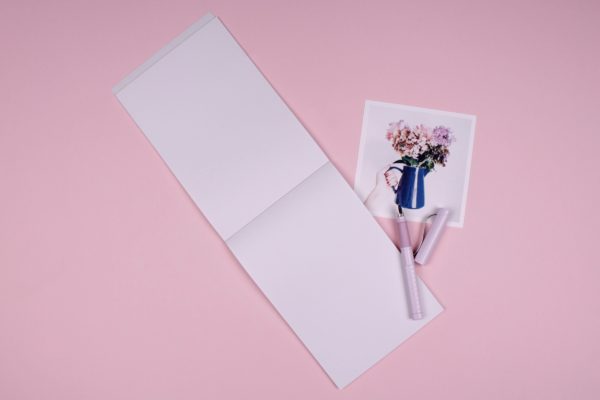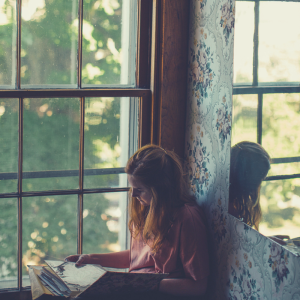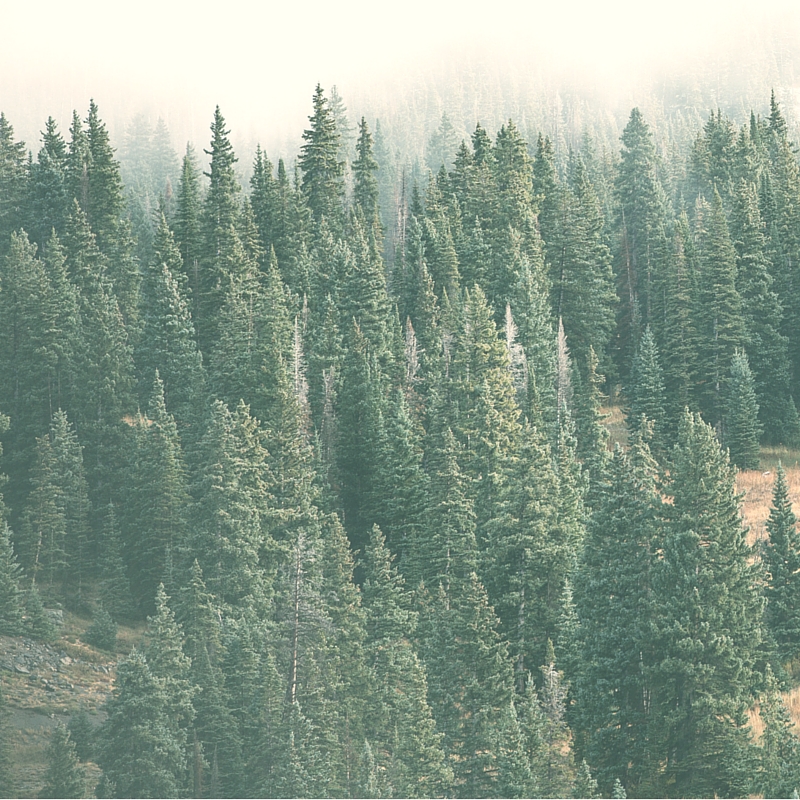
Sometimes the most radical realisations of life occur at the most mundane of moments. I experienced this just last week.
Imagine the scene:
I am sitting at my desk, engaged in the work I have chosen for my life, wearing the clothes I have chosen to wear, after eating the breakfast I chose to eat (you get the idea).
And suddenly I notice a profoundly uncomfortable truth: I am not enjoying any of it.
Has this ever happened to you?
Have you ever looked around and felt disappointed, or checked in with your body to find only stress and tension and a heavy weight in your limbs as you drag them around completing autopilot tasks?
You’re not alone.
What felt radical about this moment is what subsequently popped into my head: make it a joy.
This is a philosophy I used to live by in my early twenties but that—somewhere in the encroaching obligations of adulthood—appears to have been lost. I picked up from somewhere (where?) that work should be hard and being mature means being serious and that the most vital success-measure of anyone’s day is productivity.
Yet… are these things actually true? I’m not sure.
I am unfathomably privileged to live where I do, at the time that I do, with the means that I have available to me—and so if I cannot glance around and feel a sense of giddy pleasure at what I have going on then something must be amiss.
Psychologists call our casual acclimatisation to the wondrous miracle that life (even humdrum daily life) on Earth represents: hedonic adaptation.
How do we counter this?
My humble advice would be: don’t get so accustomed to the pleasure of your life that you forget to enjoy it. Make it a joy, whatever that means to you. Call it mindfulness, call it savouring, call it spiritual practice, call it awareness… it all boils down to that simple phrase: make it a joy.
And what is the ultimate ‘it’ that we have in our possession to enjoy? Us. Ourselves. The small human package we have arrived in having its mortal experience of the world.
Make it a joy to be you.
Enjoy being you. Huh, now there’s a concept… What if, daily, we found the pleasure and the pride and the passion in our personhood? What if we settled into the cosy armchair of us-ness (welcoming ourselves home from a hard day’s work of self-flagellation)?
We live in an era where Showing Off On the Internet is an Olympic sport, and where we float adrift in the great gulf of social media ricocheting off of the Instagram stories of Other People’s Fabulous Lives until we are dizzy. No wonder we switch out of the apps, put down our phone, look around at our lives and find them… depressingly monochrome in comparison.
Why not, instead, treat taking pleasure in your own existence as a practice; a hobby; a favourite pastime?
Meet the monochrome doldrums head-on by putting down your phone and replacing it with your own proverbial paintbrush—remembering that you are the artist of your own life experience.

